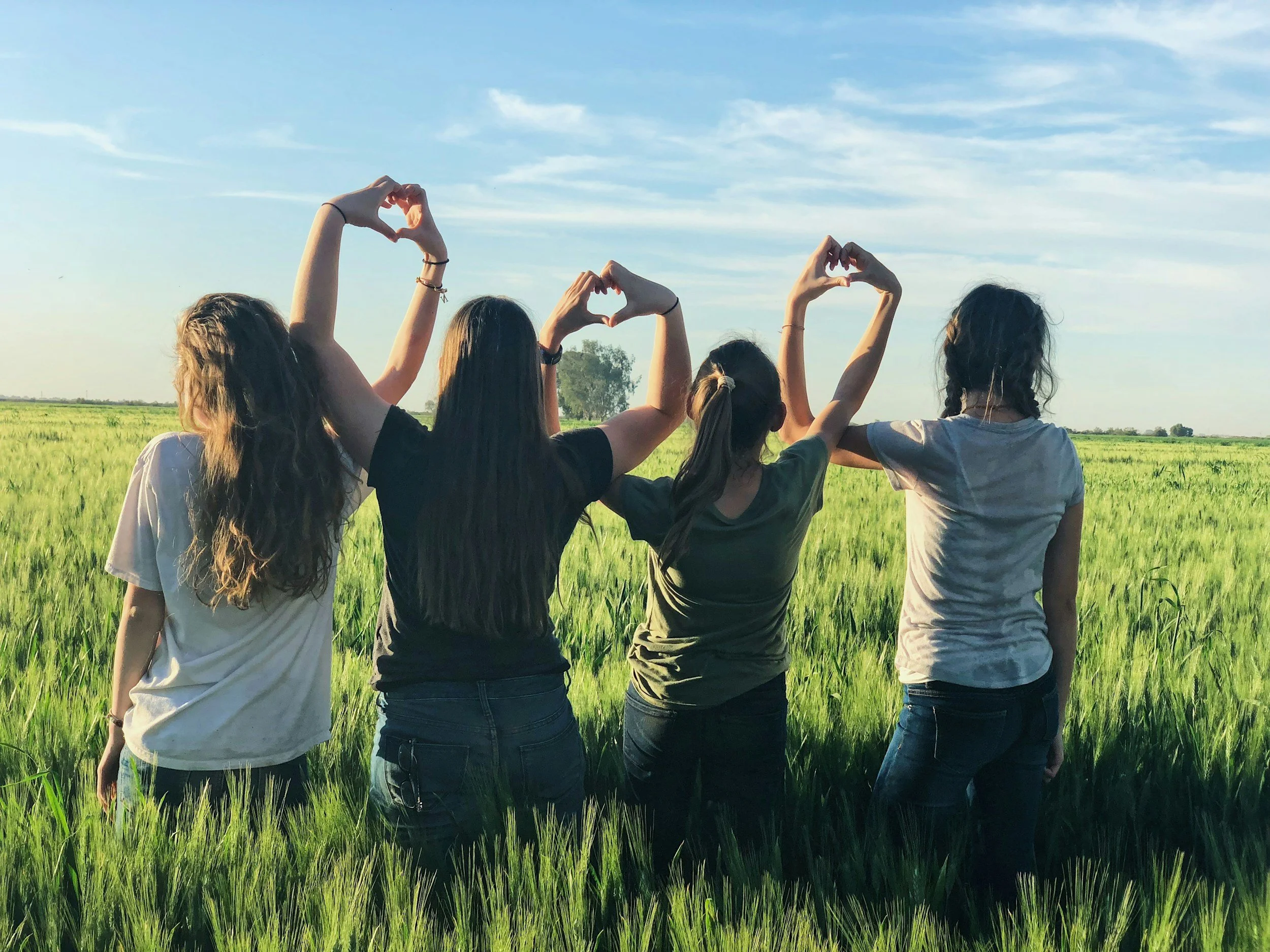Love is the Medicine
We have an overarching need to experience love and genuinely supportive nurturing relationships. Without loving connections early on in our lives, we are at higher risk for addiction as adults. If we perceive that we are in lack of social capital, experience low socio-economic status, hold biopsychosocial trauma or distorted views of reality, and are biologically sensitive to stressors, the risk for addiction increases dramatically. Sapolsky describes the physiological pathways linking early childhood trauma and addiction. The correlation between early stressors and addictive behavior is based on multiple contributing factors including age of experienced adversity, perception, duration, environment, and unique physiological attributes. These risk factors vary greatly and manifest differently in everyone.
Psychological stress is largely a product of the society we live in- made up of hierarchical structures and systems that cause distorted perceptions of place in society and in effect, perpetuate feelings of lack. When we look outside of ourselves for transient moments of pleasure, we are susceptible to addictive behavior. The expectation and anticipation of reward fuels this behavior, creating a cycle of craving and needing fulfillment outside of ourselves. The release of dopamine during drug use is triggered by elevated glucocorticoids, which can lead to dysfunction of the SNS, increased resting glucocorticoid activity in the blood, and feelings of withdrawal that intensify over time.
When we have unmet spiritual needs that we may not even realize, we are naturally conditioned to seek solace outside of our present moment experience. We seek fulfillment that temporarily numbs or distracts us from discomfort and pain. In these moments, are really just needing love?
Dacher describes addiction as “a lifetime of turning our gaze outwards, a habit learned in childhood and supported by our culture, that has made us vulnerable to the seduction of temporary outer pleasures” (p. 231). Looking inward with loving-kindness instead feels spiritual in nature. Considering self-love, compassion, and acceptance as part of a spiritual practice that leads to healthier perceptions and connections. Embodying and accepting love through mindfulness and meditation can sooth physiological pathways, transform behavior, and cultivate more supportive loving relationships.
Dacher, E. S. (2012). Aware, Awake, Alive: A Contemporary Guide to the Ancient Science of Integral Health and Human Flourishing. Paragon House.
Sapolsky, R. M. (2004). Why zebras don't get ulcers: the acclaimed guide to stress, stress-related diseases, and coping. Henry Holt and Co.

